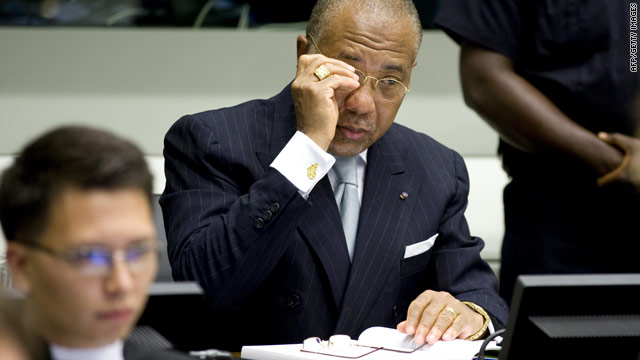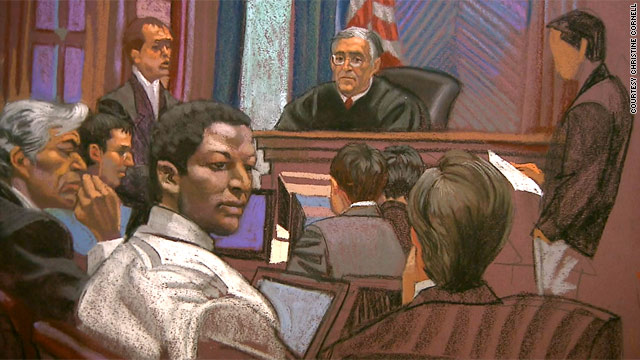By Patrick Vanderpool
Impunity Watch Reporter, South America
SANTIAGO, Chile – A group of 33 women have banded together in a Chilean mine 3,000 feet underground to protest the end of a program which, at one time, provided thousands of people with jobs.
In February, an earthquake devastated Chile. As a result, the Chilean government created a Military Job Corps program which put people to work clearing debris and constructing emergency housing, amongst other things.
In September, the government failed to extend the program, forcing –by some accounts– 12,000 people out of work, adding additional stress on those who had already lost their homes and livelihoods to the earthquake.
In an interview with the Santiago Times, protest spokesperson Ivania Anabalón stated that Chileans have “tried several actions at all levels [since September] and cannot make the government understand that all we need is a source of work.” Anabalón also stated that “[t]he governor wouldn’t even look at us.”
Reports from several news agencies indicate the women have hundreds of supporters and sympathizers protesting and rallying outside the mine, which was operating as a tourist attraction when the women occupied the coal mine. Javier Matamala, who is currently in charge of the mine, has urged all parties involved to end the protest quickly and peacefully “to avoid damages to this historic location.”
The women sent an open letter to the Piñera Administration, referring to the recent effort to rescue 33 trapped miners in the north of the country. They ask the government to use that same kind of effort to provide assistance for the thousands of Chileans who have lost their jobs and homes due to the earthquake and the failure to reauthorize the jobs bill.
Interior Minister Rodrigo Hinzpeter urged the 33 women on hunger strike to reconsider their protest and said they were “lucky” to have had jobs for a few months. The governor of the Concepción region, where the mine is located, told Radio Cooperativa that the women’s protest was being orchestrated by Lota municipal chief of staff Vasili Carrillo, a one-time guerrilla who battled the 1973-1990 dictatorship of Augusto Pinochet.
For more information, please see:
Epoch Times – Women Stage Hunger Strike in Chilean Mine – 18 November 2010
Latin American Herald Tribune – Chilean Women Mount Hunger Strike to Demand Jobs – 18 November 2010
Hispanically Speaking News – 33 Chilean Women Lock Themselves in 9,000 Feet Deep Mine – 16 November 2010


